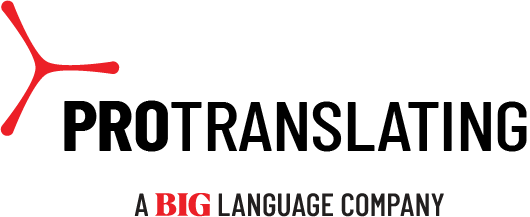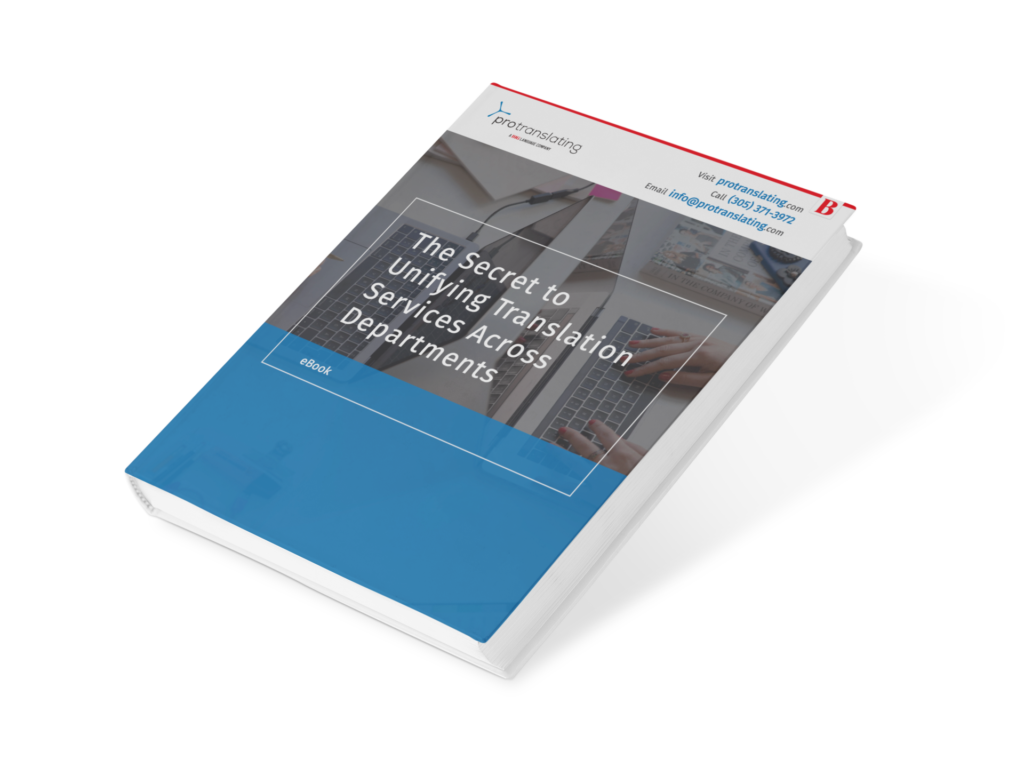The SlatorCon San Francisco 2019 Investor Panel brought together three recent investors into the language industry, representing both venture capital and private equity. Despite having different investment strategies, they agree on one thing: the language industry is highly attractive to investors.
Charles Stubbs is Partner at MSouth Equity Partners, a PE firm based in Atlanta, Georgia, which manages over USD 2.2bn in assets across four funds. He sits on the board of Big Language Solutions, in which MSouth recently invested, as well as a number of other portfolio companies. His firm’s investment sweet spot: companies with an enterprise value of between USD 25m and USD 200m. Typically, MSouth makes investments of USD 25–75m.
MSouth’s Charles Stubbs, too, cited the huge demand for services offered by “an industry that’s growing 7% year over year, double or triple GDP — that always interests us — and low capex investment. We traditionally love business services.”
Another thing Stubbs loves (as do other investors, VC or PE), is that the language industry is still highly fragmented. According to Stubbs, “We love fragmented industries [because there is] lots of opportunity for buy and build.”
While PE firms, such as Stubbs’ MSouth, are executing a roll-up by buying incumbent players, VCs, represented on the panel by Tunguz and Chandrasekar, are financing seemingly riskier bets on companies that are attempting to use the latest advances in AI to outcompete established LSPs and open new markets.
The strategy behind MSouth’s backing of Brink’s Big Language Solutions is simple, Stubbs said: “We invest in people, fundamentally, and we had the great fortune of being introduced to Jeff Brink, who has 30 years of experience in this industry and is incredibly well-networked. Brink had previously told Slator that he and MSouth will “assemble a portfolio of high-performing and complementary language service providers” — beginning with their first acquisition, Miami-based ProTranslating, which has around USD 25m in annual revenues. Read More







